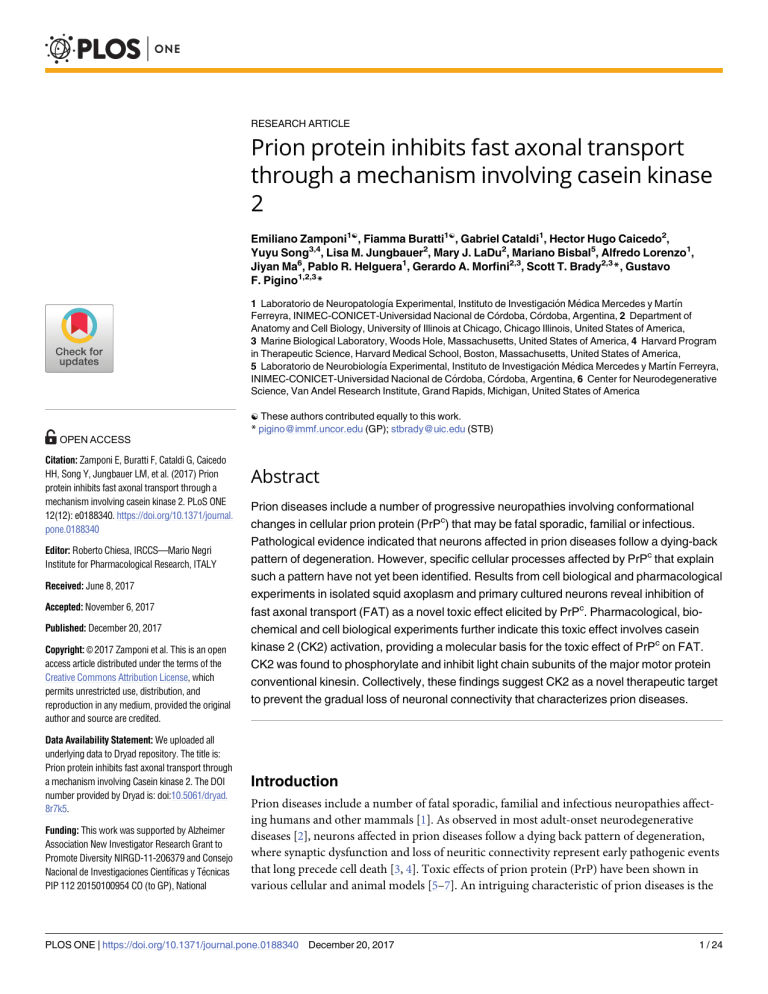

Worse, domestic political players continue to use such rhetoric to distract from their own governance failures.īosnia and Herzegovina has a population the size of Berlin’s – just 3.5 million – and an annual GDP per capita of $6,073. And, 25 years on from the conclusion of the Dayton Peace Agreement, Bosnia still suffers from divisive ethnic discourse and a severe lack of functionality. Speaking without notes, he delivered a clear message and a simple question to parliamentarians: “When will you get tired of this divisive nationalist rhetoric? The United States expects you to start working across party lines to make Bosnia function as a normal state.”īiden was right then. In 2009, in what was the last high-ranking visit by a US government official to Bosnia and Herzegovina, as vice-president Joe Biden addressed the parliament of Bosnia and Herzegovina. Concerted EU-US action and judicious use of sanctions can jumpstart reform in Bosnia-Herzegovina.

But, in the last 15 years, the EU and US have failed to press for reform in the country, a neglect that has enabled ethno-political leaders to capture the state.


 0 kommentar(er)
0 kommentar(er)
